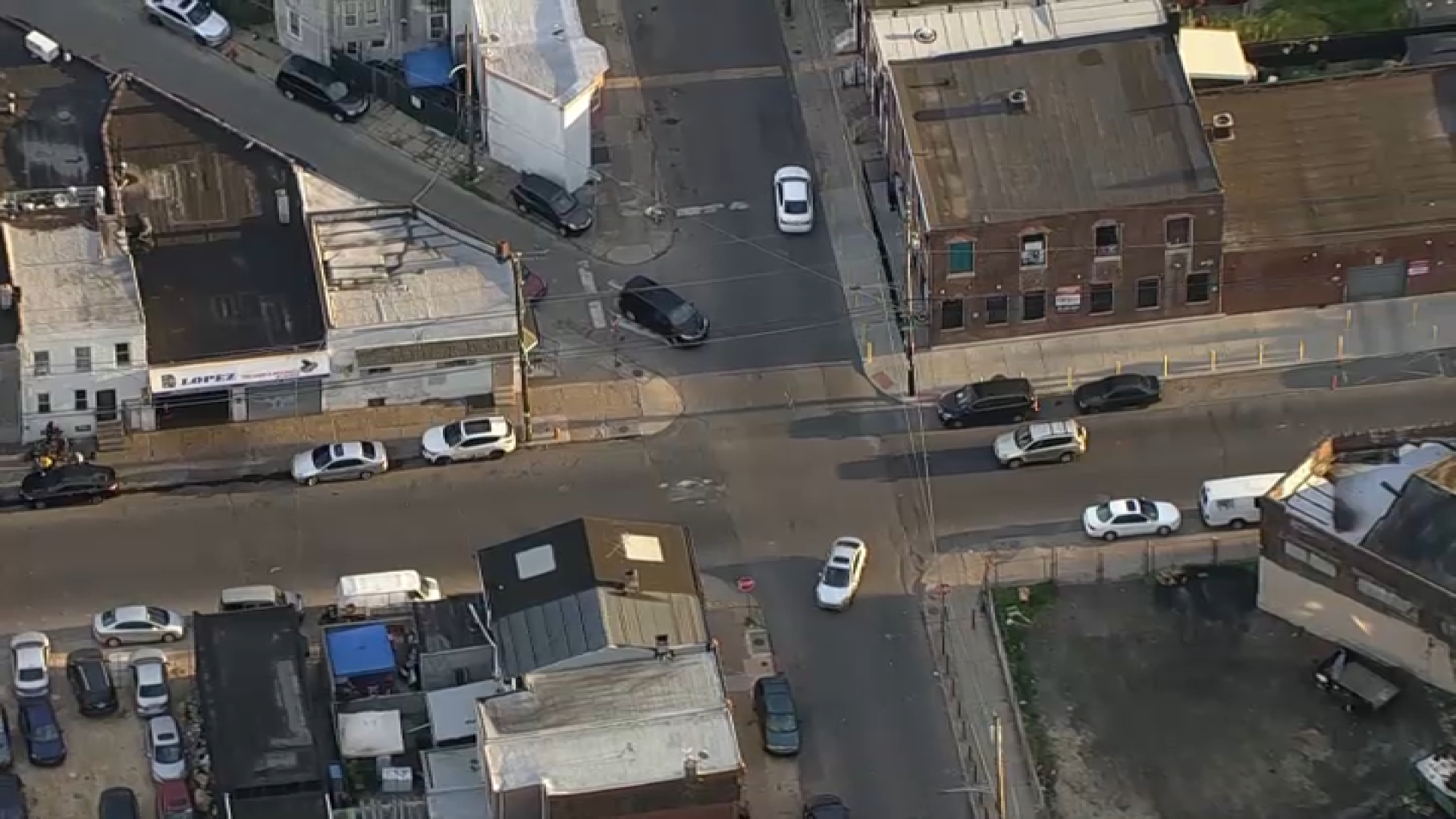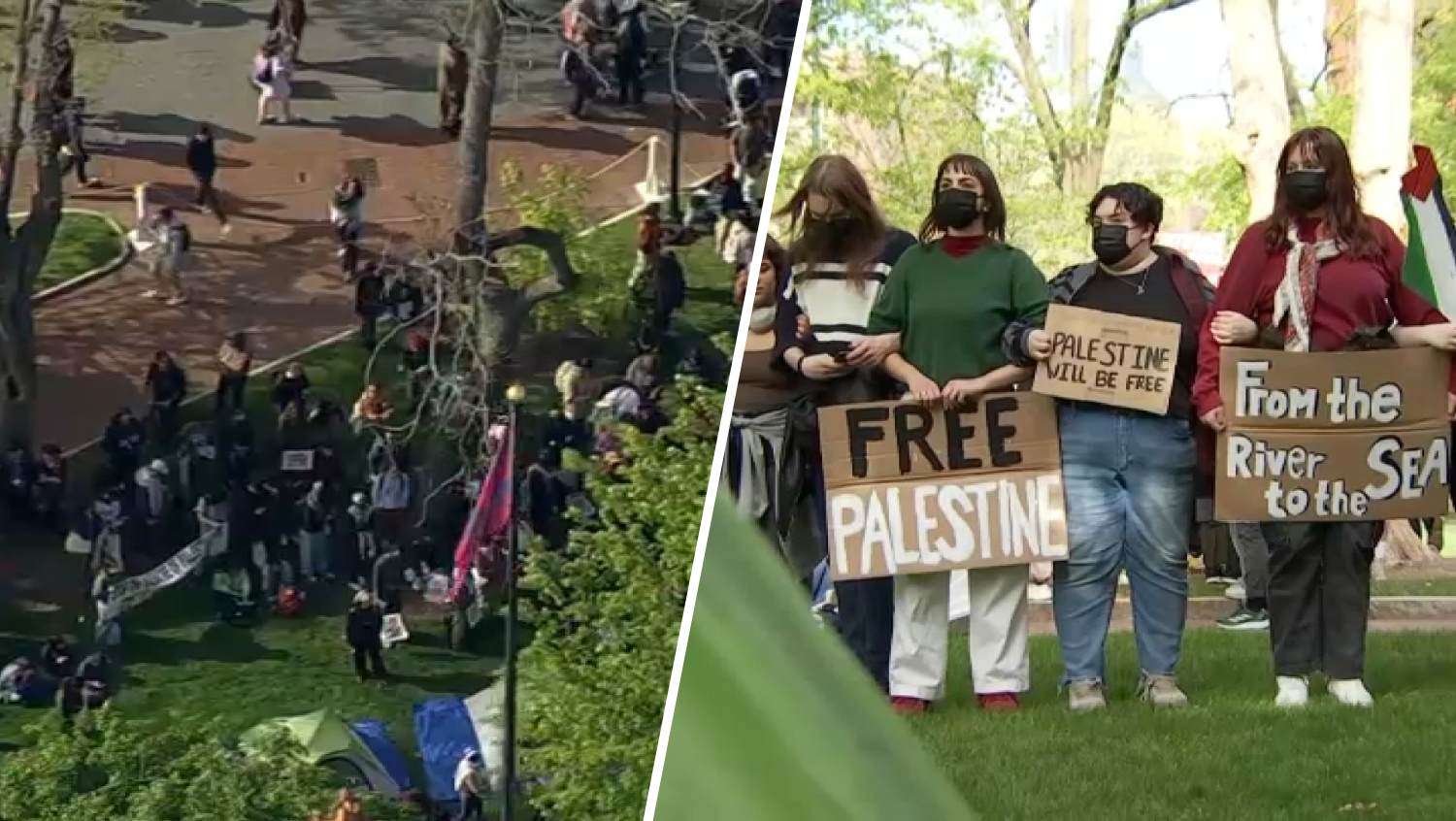The state Supreme Court on Tuesday ruled a northern New Jersey town doesn't have to release security camera footage from outside its town hall under state open records laws.
In a split decision, the court held that Bloomfield Township was correct in denying the request for the video by a woman who sought footage from a five-day period but later modified the request to cover one day.
The ruling reversed earlier rulings by a lower court judge and a state appeals court.
The town had argued the video could reveal information about the security system's operation and its vulnerabilities. It also argued confidential informants or victims of domestic violence might appear on the video.
In a 4-2 decision with Justice Anne Patterson not participating, the court agreed, writing that in drafting the Open Public Records Act, the Legislature "created flexible exceptions to preserve public safety and security."
"Knowledge of the vulnerabilities of a security system could allow an ill-motivated person to know when and where to plant an explosive device, mount an attack, or learn the movements of persons, placing a public building or persons at risk," the majority wrote.
In a dissent joined by Justice Walter Timpone, Chief Justice Stuart Rabner wrote that when the legislature drafted OPRA it didn't specifically exempt all security video from public disclosure. [[402466166, C]]
Local
Breaking news and the stories that matter to your neighborhood.
"The Legislature could have written that standard into the law but did not," Rabner wrote. "Instead, OPRA requires public agencies to disclose government records unless a specific exception applies, and the relevant exceptions do not exempt all security footage from disclosure."
The American Civil Liberties Union and a group representing more than a dozen news outlets and news organizations filed briefs in supporting the plaintiff, Patricia Gilleran. The state attorney general's office filed a brief in support of the township.
Under Tuesday's ruling, Gilleran still can seek the video under a common law right-of-access claim, which places a higher burden on the person or entity filing the claim.



